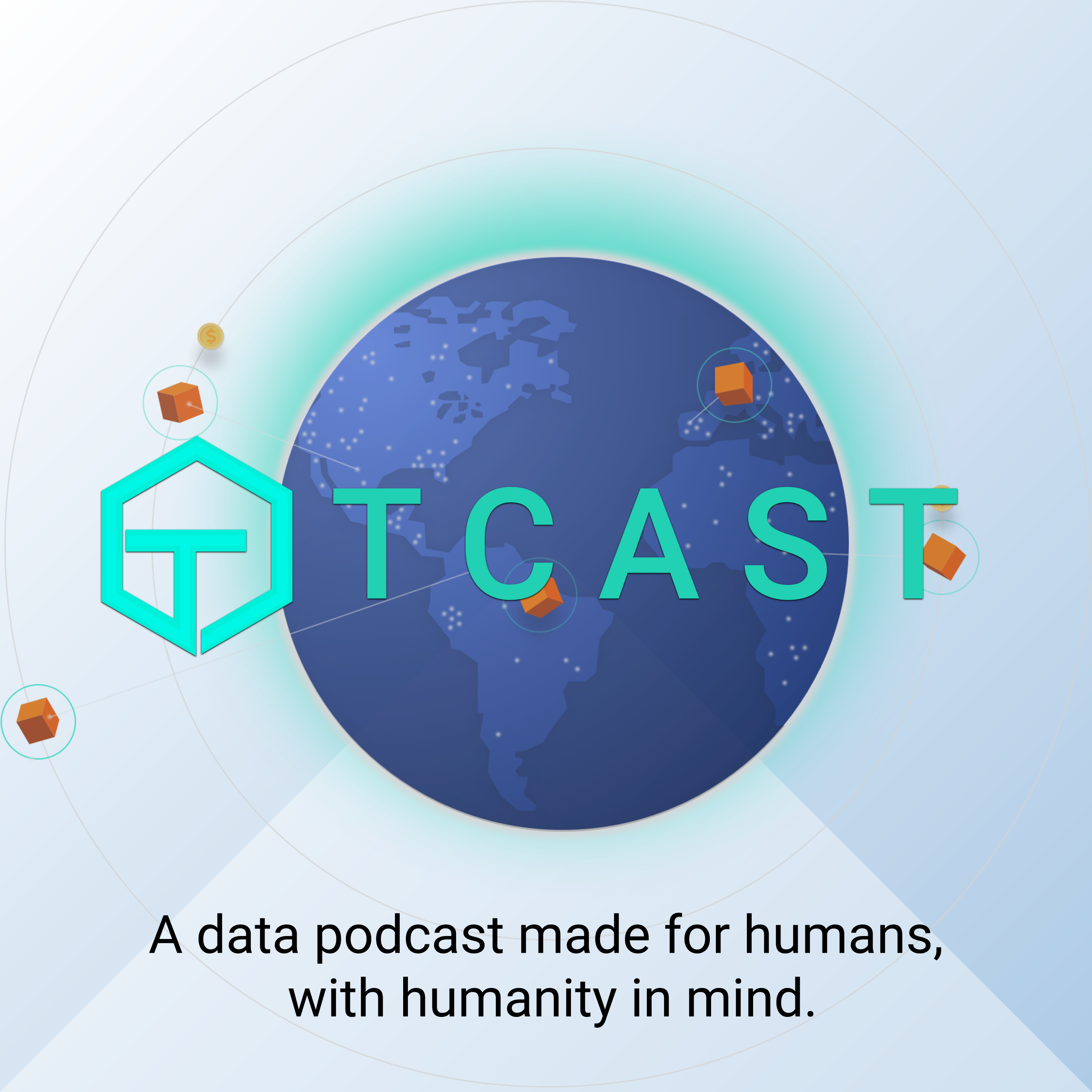- Technology
- SEE MORE
- classical
- general
- talk
- News
- Family
- Bürgerfunk
- pop
- Islam
- soul
- jazz
- Comedy
- humor
- wissenschaft
- opera
- baroque
- gesellschaft
- theater
- Local
- alternative
- electro
- rock
- rap
- lifestyle
- Music
- como
- RNE
- ballads
- greek
- Buddhism
- deportes
- christian
- piano
- djs
- Dance
- dutch
- flamenco
- social
- hope
- christian rock
- academia
- afrique
- Business
- musique
- ελληνική-μουσική
- religion
- World radio
- Zarzuela
- travel
- World
- NFL
- media
- Art
- public
- Sports
- Gospel
- st.
- baptist
- Leisure
- Kids & Family
- musical
- club
- Culture
- Health & Fitness
- True Crime
- Fiction
- children
- Society & Culture
- TV & Film
- gold
- kunst
- música
- gay
- Natural
- a
- francais
- bach
- economics
- kultur
- evangelical
- tech
- Opinion
- Government
- gaming
- College
- technik
- History
- Jesus
- Health
- movies
- radio
- services
- Church
- podcast
- Education
- international
- Transportation
- Other
- kids
- podcasts
- philadelphia
- Noticias
- love
- sport
- Salud
- film
- and
- 4chan
- Disco
- Stories
- fashion
- Arts
- interviews
- hardstyle
- entertainment
- humour
- medieval
- literature
- alma
- Cultura
- video
- TV
- Science
- en
Rise Up! How to Take Action Against Todays Powerful Problems

How much information is too much? Information fatigue is a very real phenomenon, especially when we\u2019re being fed so much on a regular basis. At this point, is it still beneficial for us to receive reports on the state of the world without opportunities to take concrete steps towards changing it?
\xa0
In this episode, Alexander McCaig and Jason Rigby discuss the urgency of taking action in our deteriorating world.
\xa0
Walking the Talk
\xa0
According to Alexander McCaig, modern space satellites and ancient Egyptian mythology shared one thing in common. The sun god Ra was often shown with a hawk head, symbolizing how Ra was constantly the eye in the sky. Modern satellites have a similar design, with a huge \u201ceyeball\u201d in the front and wings at the side in the form of solar panels.\xa0
\xa0
The main difference between Ra and these satellites is that the sun god never came down and told people what they needed to do. The priests of old were the ones who started claiming that they had sole access to the word of God.
\xa0
Today, progress in technology has allowed machine learning to fine tune climate models, giving us the opportunity to receive incredibly detailed reports on the state of the world. However, this information can only do so much if it is not accompanied with movement.
\xa0
There are limits to the amount of change you can make when you are only focused on raising awareness. We need to be ready to take action.\xa0
\xa0
Using Technology to Take Action
\xa0
There are plenty of problems in the world right now. Aside from climate change, we are struggling with poverty, corruption, and discrimination. In many cases, these issues become intertwined with one another and more difficult to resolve.
\xa0
It\u2019s already clear that we have a lot of challenges that we need to face. Modern technology has given us the opportunity to understand just how big of a problem we\u2019re facing here. But at some point, we have to cross that line between just knowing there\u2019s a problem and deciding to act on that problem.
\xa0
As Alexander McCaig explains, it isn\u2019t just about observing outcomes but about taking actions on the catalysts as well.
\xa0
Closing Thoughts
\xa0
The harmful part about placing so much emphasis on using technology to raise awareness is that its evolution continues to go down that road exclusively. We have the opportunity to go beyond with TARTLE. Fill out data packets on the platform so that you can help researchers understand your behavior, waste patterns, plans for the future, and consumption of resources.
\xa0
Your effort will go to people who are invested in making a positive change. One example is the 5 Gyres Institute, which focuses on cleaning up all the downstream waste humanity creates in our oceans.
\xa0
There are plenty of other causes that you can support through the TARTLE marketplace. Your data will play a valuable role in helping us save our world.
\xa0
What\u2019s your data worth? www.tartle.co
\xa0
TCAST is brought to you by TARTLE. A global personal data marketplace that allows users to sell their personal information anonymously when they want to, while allowing buyers to access clean ready to analyze data sets on digital identities from all across the globe.
\xa0
The show is hosted by Co-Founder and Source Data Pioneer Alexander McCaig and Head of Conscious Marketing Jason Rigby.
\xa0
What's your data worth?
\xa0
Find out at: https://tartle.co/
\xa0
YouTube: https://www.youtube.com/c/TARTLE
\xa0
Facebook: https://www.facebook.com/TARTLEofficial/
\xa0
Instagram: https://www.instagram.com/tartle_official/
\xa0
Twitter: https://twitter.com/TARTLEofficial
\xa0
Spread the word!